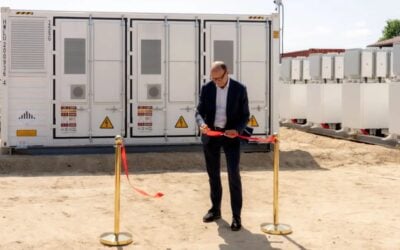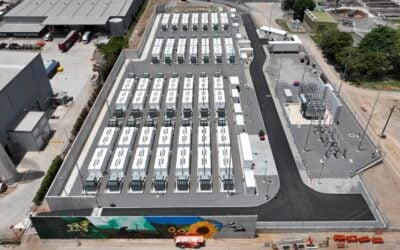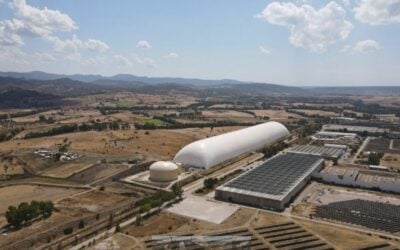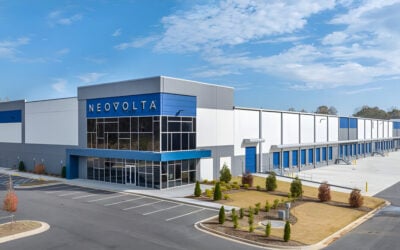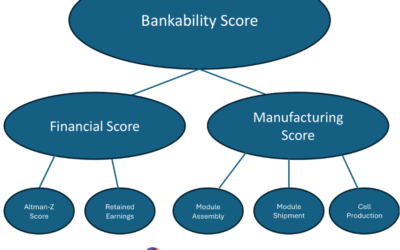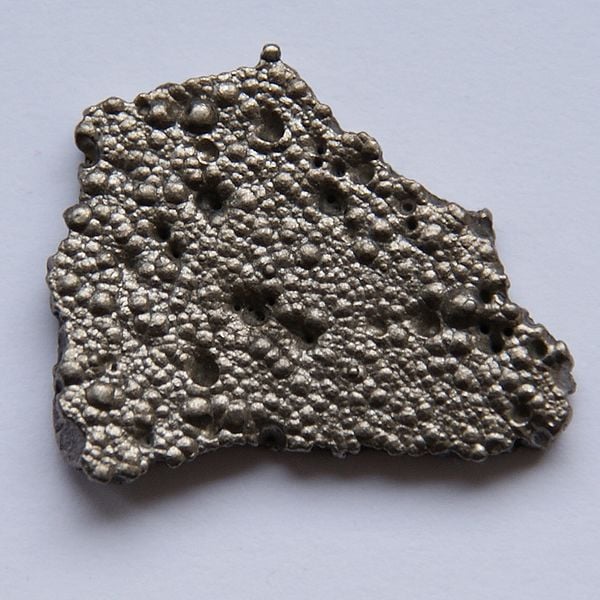
Northvolt, the Swedish battery start-up founded by former Tesla executives, has closed in on two possible sites for its planned multi-gigawatt production facility.
Touted as Europe’s answer to Tesla’s own “Gigafactory” in Nevada, and one of several large-scale battery manufacturing facilities announced around the globe in recent months, Northvolt has selected the two Swedish municipalities of Skellefteå and Västerås for developing its plans.
Public consultations will now take place in the two regions, with the factory set to produce lithium-ion batteries. Northvolt says on its website that it is focusing on “one or two” basic form factors of batteries, offering a range of battery chemistries, including “proprietary chemistries” that are “closely tailored” to meet the needs of high volume customers.
Northvolt appears to be taking a leaf out of Tesla’s book in terms of development strategy; when the Gigafactory plans were first announced, a number of possible sites were touted – and local politicians courted – before the company finally settled on the state of Nevada as its location. A number of reasons were behind that decision, including incentives and tax breaks offered by Nevada and an apparently less stringent environmental impact requirement than California, another contender to host the production plant.
Try Premium for just $1
- Full premium access for the first month at only $1
- Converts to an annual rate after 30 days unless cancelled
- Cancel anytime during the trial period
Premium Benefits
- Expert industry analysis and interviews
- Digital access to PV Tech Power journal
- Exclusive event discounts
Or get the full Premium subscription right away
Or continue reading this article for free
Similarly, the Swedish battery maker said it is proceeding in the two municipalities at the same time, due to the need to receive an environmental permit for the project’s construction in a timely fashion according to company schedules.
From here on in, the permitting process begins, starting with environmental, then looking at potential risks, in order to obtain a special construction permit for whichever site is eventually chosen.
Northvolt said that prior to making the latest decision, it spoke with eight Swedish municipalities and two Finnish municipalities during the spring. It found that Skellefteå and Västerås both offered good access to land, energy and infrastructure, as well as availability of skilled local labour, the potential to develop a cluster of battery experts around the plant and the amenability of local businesses to Northvolt’s setting up shop there.
After an in-depth analysis of ten strong candidates for the location of Northvolt’s first factory, we have agreed that these two locations are the most favourable alternatives,” Northvolt CEO Peter Carlsson said.
“Electrification and storage of renewable energy are key to a carbon neutral society, and we have witnessed great enthusiasm for the project during our dialogues with representatives in both Västerås and Skellefteå.”
BASF invests €400m in Norilsk Nickel supply deal
In other battery manufacturing news, German chemical company BASF announced last week that it had signed a memorandum of understanding (MoU) with Norilsk Nickel (Nornickel) for the supply of raw materials for lithium-ion batteries.
BASF will invest an initial €400 million in the project. BASF makes cathode active materials for batteries, not batteries or battery cells themselves. Nornickel will send BASF raw materials from its refinery in Finland, also providing nickel and cobalt feedstock from its mines in Russia.
BASF spokesman Cesar Fabian Garcia told Energy-Storage.News that the company’s “main target market with our significant investment is automotive, but we also supply stationary and consumer electronic markets”.
BASF claimed that putting together a regional supply chain in Europe would “reduce supply chain risks for battery cell producers and automotive makers” alike.

